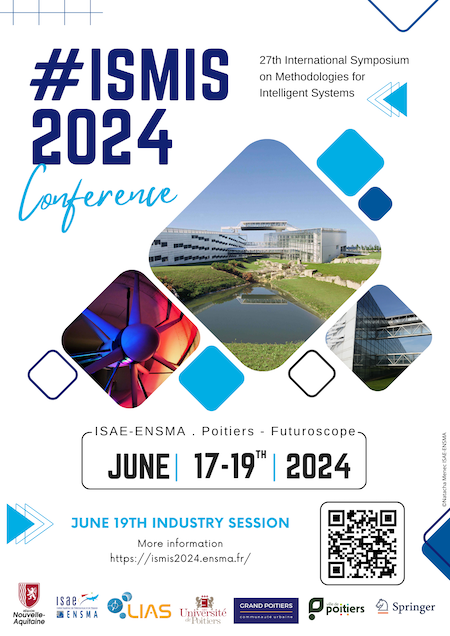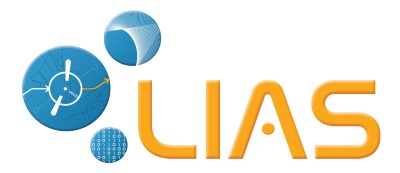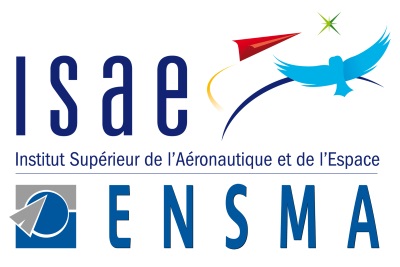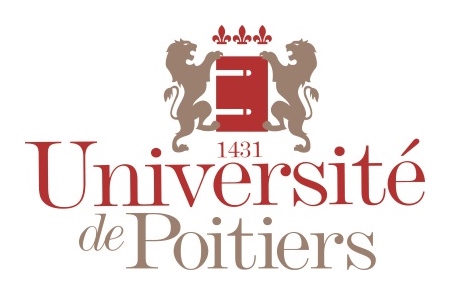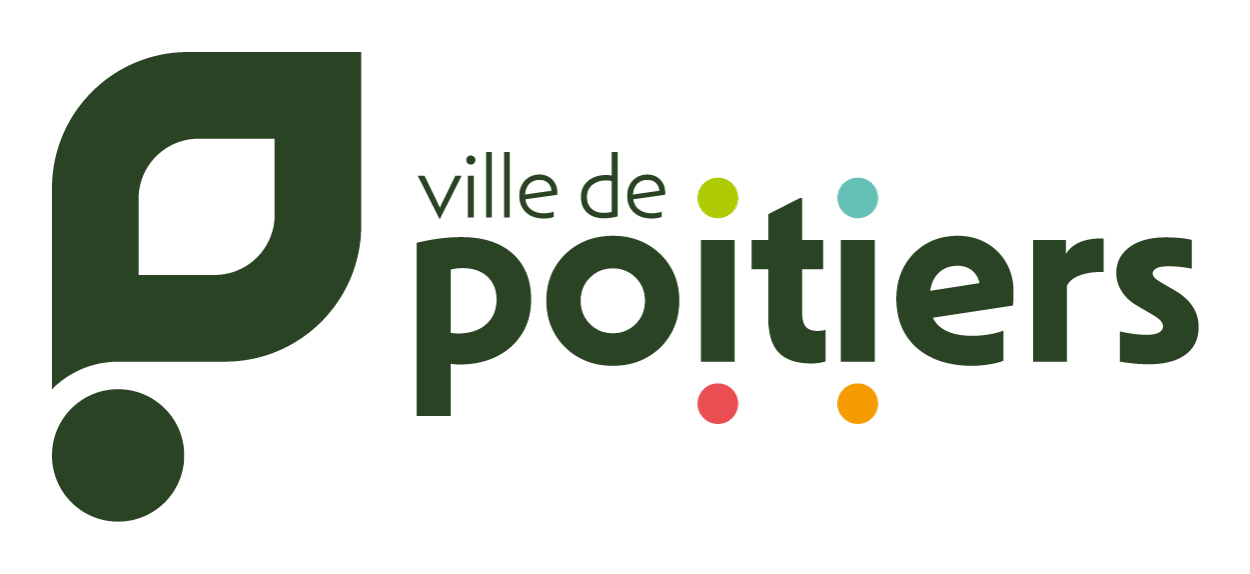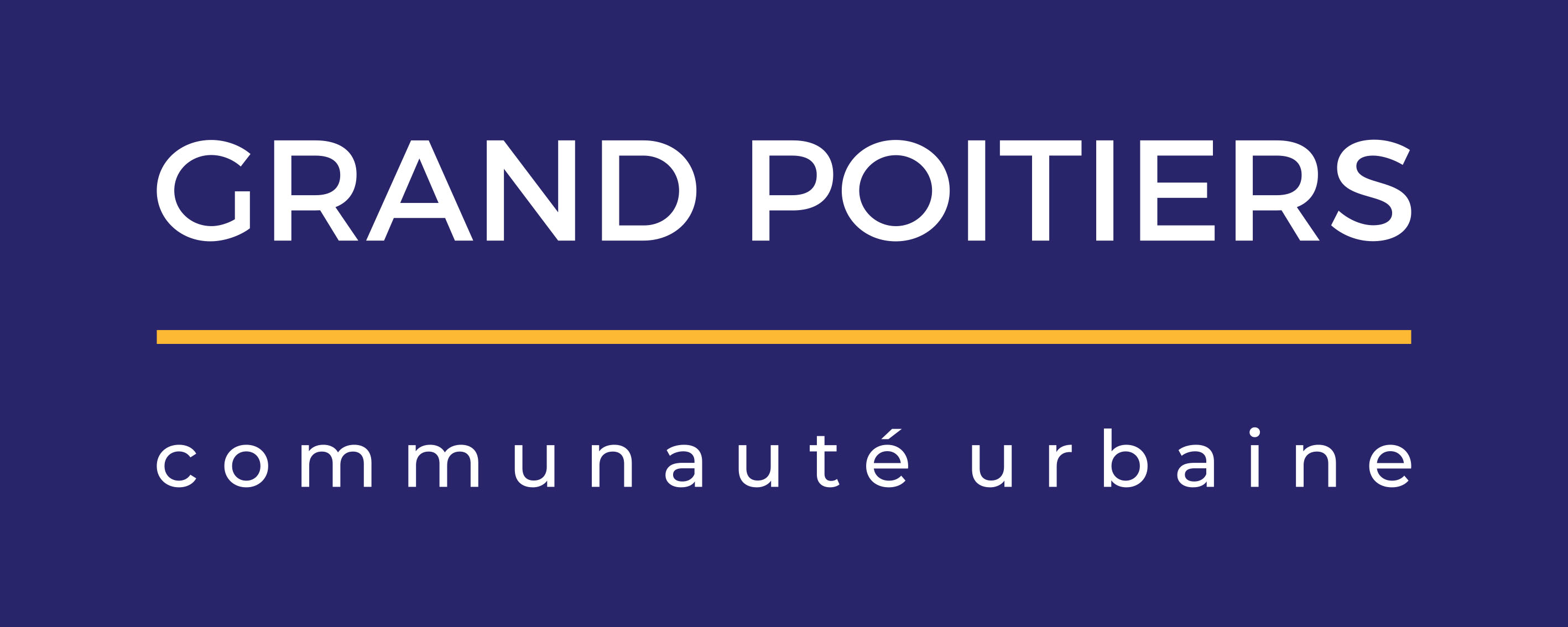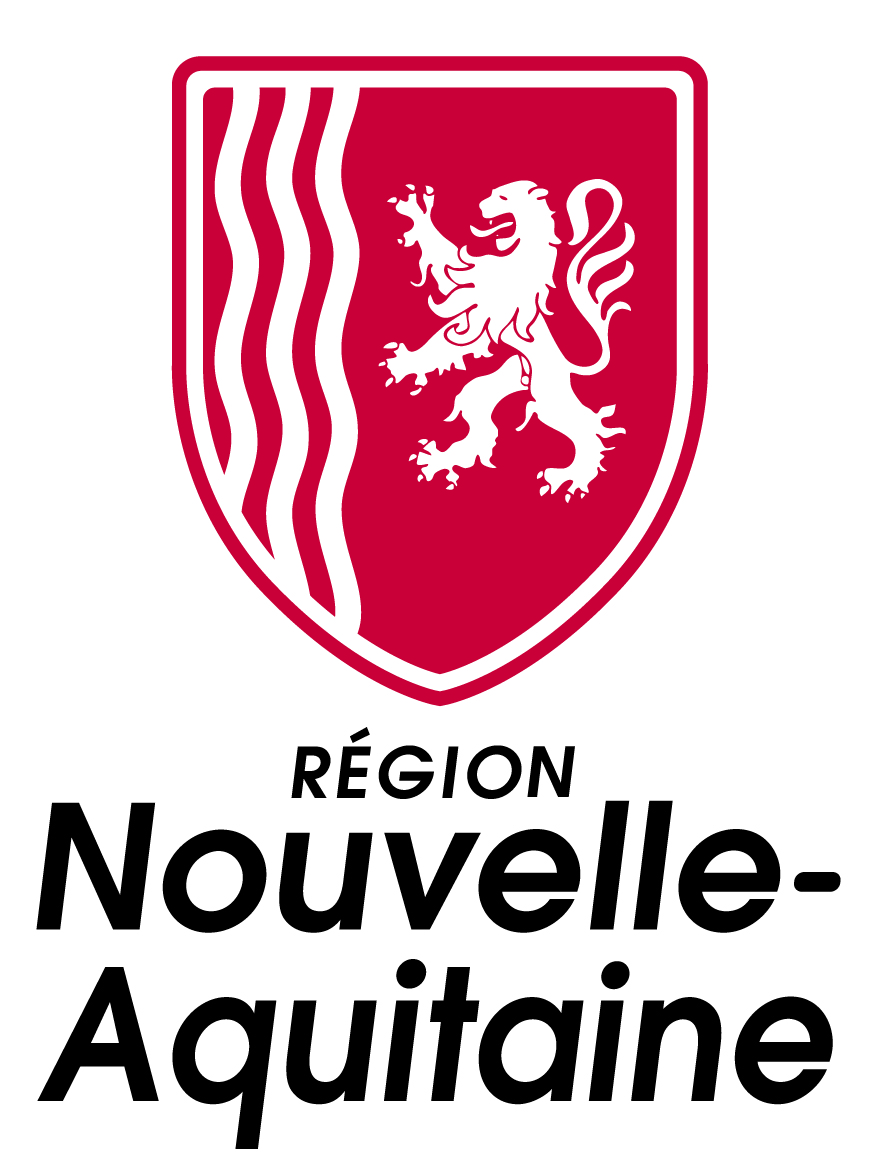Program at a Glance
Below you will find the program for the week along with the day-by-day details. All sessions and events are outlined. Click on the hyperlinks for more details.
The paper presentations will take place at ISAE-ENSMA in room A101 (ball-shaped amphitheater).
A portable version of the ISMIS 2024 program is available at this address: ismis2024_poitiers_program.pdf
Free access link to the conference proceedings published by Springer Nature (available from June 14 to July 14, 2024): https://link.springer.com/book/10.1007/978-3-031-62700-2.
Instructions for presentation:
- The duration of presentations of regular paper category will be 20 minutes + 10 minutes for Q&A
- The duration of presentations of short paper category will be 15 minutes + 5 minutes for Q&A
Program of the week
8h00
8h30
9h00
10h00
10h30
12h00
13h30
15h00
15h30
16h00
17h30
18h00
18h30
Monday
Tuesday
Wednesday
- = Date and Time of the Session
- = First Name and Last Name of the Session Chair
- = Session Room
Keynotes
Eyke Hüllermeier
- Monday, June 17 from 9:00 to 10:00 Allel Hadjali A101
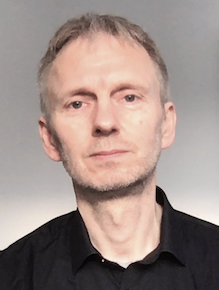
Eyke Hüllermeier is a full professor at the Institute of Informatics at LMU Munich, Germany, where he holds the chair of Artificial Intelligence and Machine Learning. He studied mathematics and business computing, received his PhD in Computer Science from Paderborn University in 1997, and a Habilitation degree in 2002. Before joining LMU, he held professorships at several other German universities (Dortmund, Magdeburg, Marburg, Paderborn) and spent two years as a Marie Curie fellow at the IRIT in Toulouse (France). His research interests are centered around methods and theoretical foundations of artificial intelligence, with a particular focus on machine learning, preference modeling, and reasoning under uncertainty. He has published more than 400 articles on related topics in top-tier journals and major international conferences, and several of his contributions have been recognized with scientific awards. Professor Hüllermeier is Editor-in-Chief of Data Mining and Knowledge Discovery, a leading journal in the field of AI, and serves on the editorial boards of several other AI and machine learning journals. He is currently President of EuADS, the European Association for Data Science, a member of the Strategy Board of the Munich Center for Machine Learning (MCML), and a member of the Steering Committee of the Konrad Zuse School of Excellence in Reliable AI (relAI).
Title: Uncertainty Quantification in Machine Learning - From Aleatoric to Epistemic
Abstract: due to the steadily increasing relevance of machine learning for practical applications, many of which are coming with safety requirements, the notion of uncertainty has received increasing attention in machine learning research in the recent past. This talk will address questions regarding the representation and adequate handling of (predictive) uncertainty in (supervised) machine learning. A particular focus will be put on the distinction between two important types of uncertainty, often referred to as aleatoric and epistemic, and how to quantify these uncertainties in terms of appropriate numerical measures. Roughly speaking, while aleatoric uncertainty is due to the randomness inherent in the data generating process, epistemic uncertainty is caused by the learner's ignorance of the true underlying model.ƒ
Leila Amgoud
- Tuesday, June 18 from 9:00 to 10:00 Zbigniew Ras A101
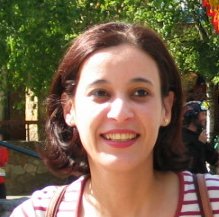
Leila Amgoud is a senior researcher at the French National Centre for Scientific Research (CNRS), a member of the IRIT Lab in Toulouse, and a deputy director of the same lab. Before, she worked as a postdoctoral researcher at the University of Liverpool, United Kingdom. She holds a M.Sc. (1996), a PhD (1999) and an Habilitation à Diriger des Recherches (2009) in Computer Science from the Paul Sabatier University, Toulouse, France. She is currently an Associate Editor of the Artificial Intelligence Journal and the Journal of Argument and Computation, and she serves as area chair and senior program committee member of the main conferences on Artificial Intelligence. She has been honoured with a prestigious EurAI (previously called ECCAI) fellowship since 2014. The research interests of Leila are centered around knowledge representation and reasoning. She is specifically interested in argumentation-based approaches for reasoning and decision making under uncertainty. She holds a chair on "argumentation" at Artificial and Natural Intelligence Toulouse Institute.
Title: Argumentation Theory - Foundations and Applications
Abstract: argumentation is a reasoning approach based on the justification of aclaims by arguments, i.e. reasons for accepting claims. Due to its explanatory power, it has been used for solving various AI problems including inconsistency handling and decision making. Whatever the problem to be solved, an argumentation process follows generally four main steps: it justifies claims by arguments, identifies (attack, support) relations between arguments, evaluates the arguments, and defines an output. Evaluation of arguments is crucial as it impacts the outcomes of argument-based systems. In this talk, I will introduce abstract argumentation frameworks, their formal foundations, various evaluation methods, and an example of a paraconsistent logic based on argumentation.
Papers
Session 1: Classification and Clustering
- Monday, June 17 from 10:30 to 12:00 Vincenzo Pasquadibisceglie A101
-
10:30 - 11:00: Improving the robustness to color perturbations of classification and regression models in the visual evaluation of fruits and vegetables
-
11:00 - 11:30: Clustering Under Radius Constraints Using Minimum Dominating Sets
-
11:30 - 11:50: Learning Typicality Inclusions in a Probabilistic Description Logic for Concept Combination
Session 2: Neural Network and Natural Language Processing
- Monday, June 17 from 13:30 to 15:30 Stéphane Jean A101
-
13:30 - 14:00: LLMental: Classification of mental disorders with large language models
-
14:00 - 14:30: CSEPrompts: A Benchmark of Introductory Computer Science Prompts
-
14:30 - 15:00: Semantically-Informed Domain Adaptation for Named Entity Recognition
-
15:00 - 15:30: Token Pruning by Dimensionality Reduction Methods on TCT-Colbert for Reranking
Session 3: AI Tools and Models
- Monday, June 17 from 16:00 to 17:30 Mohand-Said Hacid A101
-
16:00 - 16:30: Exploiting microRNA expression data for the diagnosis of disease conditions and the discovery of novel biomarkers
-
16:30 - 17:00: HERSE: Handling and Enhancing RDF Summarization through blank node Elimination
-
17:00 - 17:20: Rough Sets For a Neuromorphic CMOS System
Session 4: Neural Network and Data Mining
- Tuesday, June 18 from 10:30 to 12:00 Henning Christiansen A101
-
10:30 - 11:00: Erasing the Shadow: Sanitization of Images with Malicious Payloads using Deep Autoencoders
-
11:00 - 11:30: Enhancing Website Embedding on Local Governments - A Comparative Analysis
-
11:30 - 12:00: A Stream Data Mining Approach to Handle Concept Drifts in Process Discovery
Session 5: Explainability in AI
- Tuesday, June 18 from 13:30 to 15:00 Annalisa Appice A101
-
13:30 - 14:00: Enhancing temporal Transformers for financial time series via local surrogate interpretability
-
14:00 - 14:30: Explaining commonalities of clusters of RDF resources in natural language
-
14:30 - 14:50: Shapley-Based Data Valuation Method for the Machine Learning Data Markets (MLDM)
Session 6: Industry Session
- Tuesday, June 18 from 15:30 to 18:00 Brice Chardin and Yannig Goude A101
-
15:30 - 16:00: ScoredKNN: An Efficient KNN Recommender based on Dimensionality Reduction for Big Data
-
16:00 - 16:30: Siamese Networks for Unsupervised Failure Detection in Smart Industry
-
16:30 - 17:00: Adaptive Forecasting of Extreme Electricity Load
-
17:00 - 17:30: Explaining Voltage Control Decisions: A Scenario-Based Approach in Deep Reinforcement Learning
-
17:30 - 18:00: Knowledge Graphs for Data Integration in Retail
Session 7: Learning with Complex Data
- Wednesday, June 19 from 08:30 to 10:00 Angelica Liguori A101
-
08:30 - 09:00: Bayesian Approach for Parameter Estimation in Vehicle Lateral Dynamics
-
09:00 - 09:30: Assessing Distance Measures for Change Point Detection in Continual Learning Scenarios
-
09:30 - 10:00: SPLindex: A Spatial Polygon Learned Index
Session 8: Recommendation Systems and Prediction
- Wednesday, June 19 from 10:30 to 12:00 Roberto Corizzo A101
-
10:30 - 11:00: Action Rules Discovery: Leveraging Attributes Correlation Based Vertical Partitioning
-
11:00 - 11:30: HalpernSGD: A Halpern-inspired Optimizer for Accelerated Neural Network Convergence and Reduced Carbon Footprint
-
11:30 - 11:50: Integrating Predictive Process Monitoring Techniques in Smart Agriculture
Social Events
Welcome Registration
When you arrive at ISAE-ENSMA, enter through its main entrance, then head to the conference registration desk nearby. We will provide you with a nametag and a conference bag including goodies. For the safety of everyone, please wear your nametag during the whole conference and related events.
Please feel free to contact any ISMIS staff member for additional information. There will be a person at the registration desk throughout the conference.
Coffee Break
Coffee breaks will be served at the ground level of the conference building. Coffee, tea, orange juice and pastries will be available during breaks.
Lunch Break
Conference lunches will be served at the Plaza Hotel. The Plaza is a five minutes walk from the conference building. At the end of morning sessions (Monday at 12:00, Tuesday at 12:00 and Wednesday at 12:15), conference staff will guide participants to the hotel lunch room.
Welcome Reception & Social Event
A welcome dinner will be served on the ground floor of the conference building at ISAE-ENSMA.
During this event, you may be asked to participate in some casual game-based activities. The dinner will be followed by a board games evening.
Social dinner & Best Paper Award
The conference dinner will take place at the Château de Dissay.
We invite participants to gather in the entrance hall of ISAE-ENSMA at 18:30 for a departure by bus no later than 18:45. There will be only one trip. The bus will take you back to ISAE-ENSMA at about 23:00.

